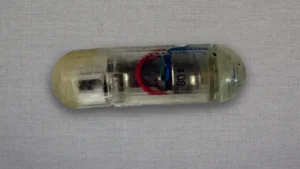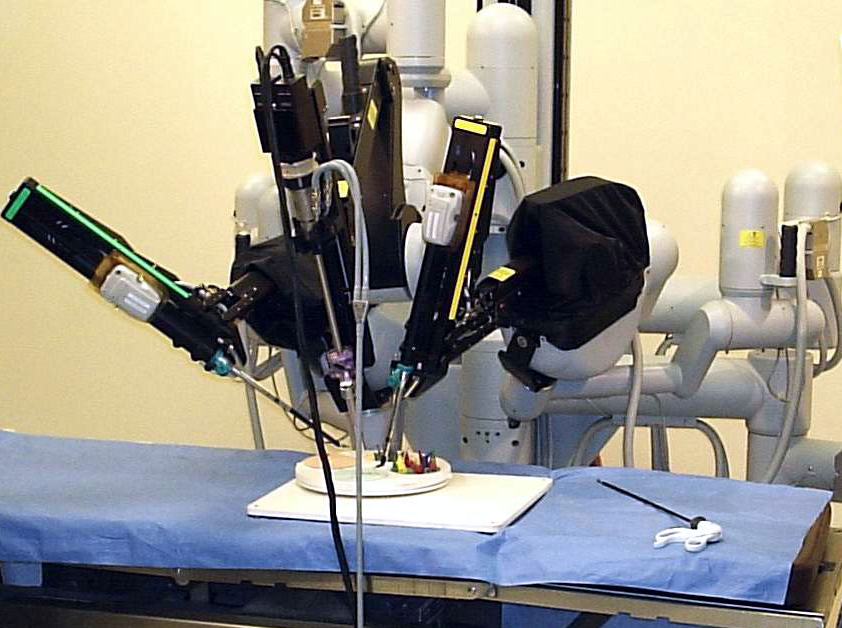

Аппетитом человека управляет мозг, он дает сигнал голода, который сокращает пустой желудок. Именно поэтому чувство насыщения приходит немного позже – сперва наполняется желудок, а затем питательные вещества всасываются в кровь. Желудок – мышечный орган и, конечно, имеет свойство растягиваться, когда в него поступает пища, объясняет диетолог Альбина Комисарова.
Специалисты из Гарвардского университета и Массачусетского технологического института решили «обмануть» мозг, создав вибрирующую капсулу размером примерно 30 мм на 10 мм. Назвали её VIBES — это аббревиатура, происходящая от полного названия таблетки — Vibrating Ingestible BioElectronic Stimulator.

Фото: MIT News / Shriya Srinivasan et al.
Вибрации активируют рецепторы растяжения в желудке, имитируя наличие пищи. Сигналы посылаются в гипоталамус через блуждающий нерв, повышая уровень различных гормонов, вызывающих чувство сытости, и снижая те, что вызывают чувство голода.
Исследования, проведенные на свиньях, показали, что после приема капсулы они съели почти на 40% меньше еды, чем без устройства, и набирали вес медленнее. Максимальный эффект достигался после 30 минут действия таблетки VIBES.
«Этот подход предлагает альтернативный и потенциально синергетический подход к другим доступным сегодня методам лечения», — говорит Джованни Траверсо, доцент Массачусетского технологического института (MIT) и один из авторов исследования.
Как работает капсула
«Мы предполагаем, что таблетку VIBES следует принимать на относительно пустой желудок, за 20–30 минут до предполагаемого приема пищи, чтобы вызвать желаемое ощущение сытости в самом начале еды», — пишет команда разработчиков.
Вибрации, которые обеспечивает батарейка в капсуле, могут активироваться, когда желудочная кислота растворяет мембрану вокруг таблетки или по таймеру.
Ожидается, что при массовом производстве стоимость таблеток будет находиться в диапазоне от цента до одного доллара.




